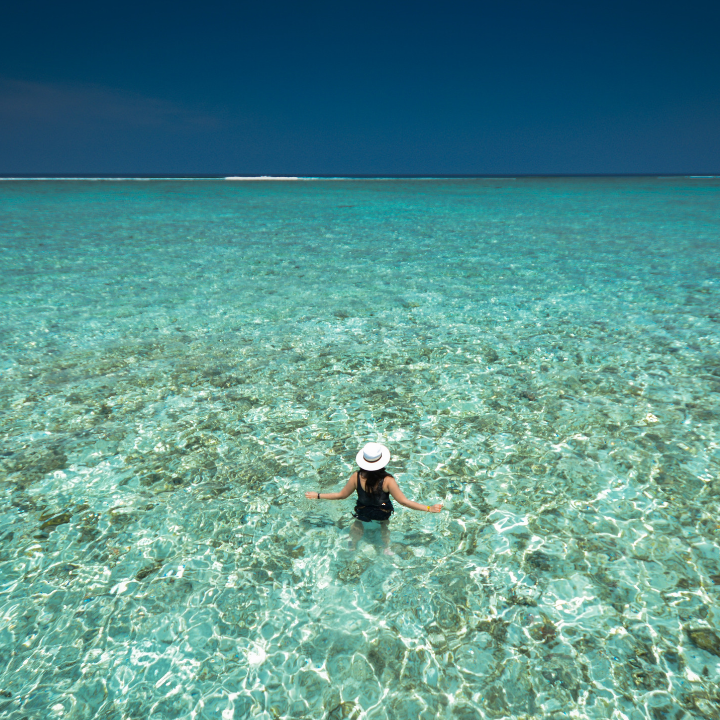There are countless opportunities for partnerships in the travel and tourism industry, but for the partnerships to be successful, you must be focused, plan and be prepared to put in the work.
In an industry where the destination is only part of a travel plan, tourism PR specialists have found a powerful friend in tourism boards.
Airbnb recently partnered with the entire country of Sweden to promote travel to the region. The partnership is the first of its kind for Airbnb and is designed to promote Sweden as a destination through the power of the Airbnb community.
As well as working with global brands, Government departments, agencies and destinations, tourism boards also offer valuable services to the thousands of small and medium sized businesses that supply the tourism industry.
Here are our top tips for creating successful partnerships in the travel and tourism industry.
Is the partnership mutually beneficial?
Try to look at it from your potential partner’s point of view. What would they want? What challenges do they face? How could you and your organisation help solve them? Don’t accept ‘fluffy’ statements like “it will increase your bookings”. Talk specifics, as in how many bookings are projected from the project?
Participants should discuss and agree on their roles and responsibilities and document them in writing.
It does not have to be a lengthy document, for short-term, low-risk partnerships email communication will suffice.
Participants should equally carry the duties and commitment.
A partnership is likely to be ineffective if there is no sharing of risk, responsibility, accountability or benefits.
Communication is vital.
Establish a key point of contact or project lead that you can funnel communications through. Make sure you are talking to the right people that could help you make this partnership work. If you are not talking to the right person, ask who is.
There must be systems in place to evaluate the success and benefits of the partnership.
Agree on success metrics and KPIs in advance of the partnership. Develop a partnership framework to act as a tool to evaluate partnerships.
Don’t be afraid to partner with other brands.
Reach out to brands you would like to partner with and schedule a call to get to know each other before agreeing to do a campaign. This will give you time to evaluate whether the brand is right for you.
What is next for your partnership?
So, you have followed our top tips and have forged a partnership and are busy building meaningful relationships. Next you need to ask yourself, how can you make it bigger, better, more effective? The sky is the limit!
We’ve worked with lots of travel companies on an array of campaigns. You can see a case study for a travel PR campaign we ran for the British Virgin Islands’ Tourist Board, or read more on the PR agency services we offer.
Every business has its own unique challenges and perhaps you need a bespoke product that touches on parts of two of more of our SME products. If this sounds like you, then look no further! Our Bespoke Business Blend Service is purposefully designed to create a tailored approach to work directly on getting you the success you need in multiple areas of your business.
Hopefully these tips have been useful for your travel brand. If you’re looking for more ideas to promote your business, take a look at our blog on the ultimate guide to travel PR.

